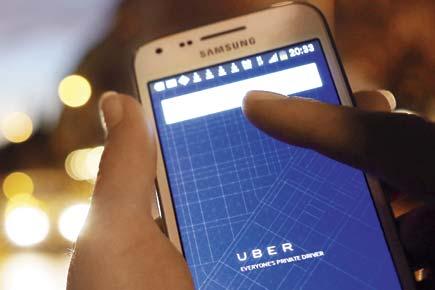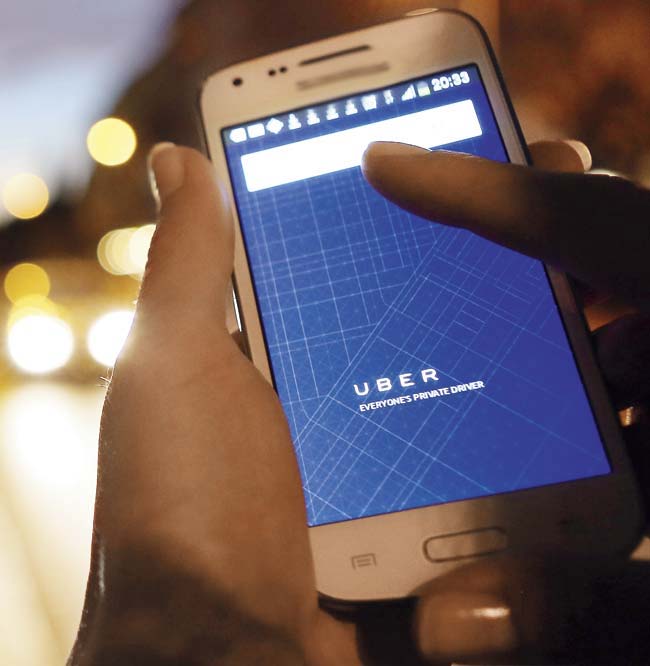Uber on Wednesday launched a nationwide campaign called "Decongest India", starting with New Delhi, to curb congestion and pollution


Uber on Wednesday launched a nationwide campaign called "Decongest India", starting with New Delhi, to curb congestion and pollution.
As part of the campaign, the cab aggregator will focus on reducing congestion through shared mobility across Delhi, Kolkata, Mumbai and Bengaluru in the coming days.
The campaign's inaugural leg in New Delhi was announced in the presence of Deputy Chief Minister Manish Sisodia and northeast Delhi MP Manoj Tiwari.
"We are delighted that Delhites have embraced shared mobility in a big way. The citizens of Delhi can do their bit to make their city more liveable by car-pooling and taking public transport," said Shweta Rajpal Kohli, head of public policy for Uber India and South Asia, in a statement.
"We will continue to engage with the government to bring home the promise of shared mobility for a profound impact in reconfiguring the stressed and overburdened urban mobility landscape of New Delhi," Kohli added.
Supporting the campaign, Sisodia said: "I would like to congratulate Uber on the launch of Decongest Delhi. The Delhi government supports any initiative towards the reduction of congestion in the city."
The campaign is aimed to draw attention to key issues like incentivising car pooling, reducing dependency on parking, developing alternatives to private car ownership and complementing public transport by providing affordable and reliable mobility options that help cover the last mile.
"More than 30 per cent of our total trips in Delhi are pool trips. As more people in more cities use 'UberPOOL', it will help contribute to the future that Uber has already begun to create -- more people in fewer cars, fewer people owning cars and fewer cars on the road," Prabhjeet Singh, General Manager, Uber India, said.
A report "Moving Delhi Forward: The Case for Decongestion" was also released on the occasion which identifies ways to promote shared mobility and increased use of public transport.
According to the Delhi Parking Policy released in June 2017, the city has more than one crore registered vehicles, of which over 90 per cent are private vehicles.
 Subscribe today by clicking the link and stay updated with the latest news!" Click here!
Subscribe today by clicking the link and stay updated with the latest news!" Click here!







